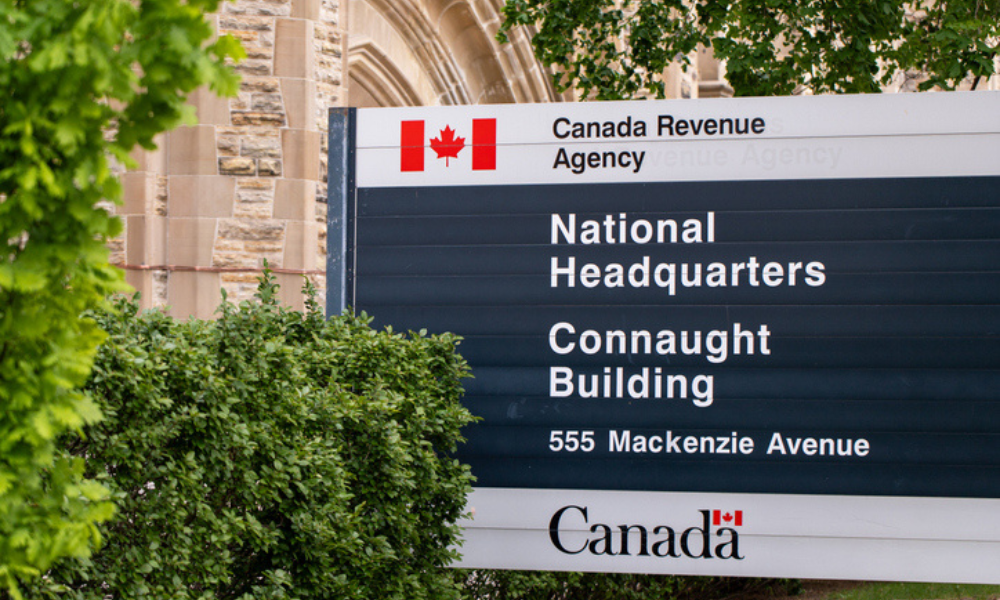
The litigant failed to attend the hearing despite receiving multiple notices

The Federal Court has upheld the denial of Canada Recovery Benefit (CRB) due to insufficient evidence and the applicant's failure to attend the hearing.
In Li v. Canada (Attorney General), 2024 FC 1451, Yundong Li, who sought to overturn a decision by the Canada Revenue Agency (CRA) denying his eligibility for the CRB for 27 two-week periods between September 2020 and October 2021.
The CRB, established under the Canada Recovery Benefits Act, provided income support to individuals affected by the COVID-19 pandemic. To qualify, applicants must demonstrate a minimum income of $5,000 from specific sources in the preceding year. The CRA found Li ineligible for the benefit, prompting him to apply for judicial review of this decision.
The court noted that Li did not attend the scheduled hearing, despite receiving multiple notices and attempts by the court registry to contact him. He also failed to request an adjournment or provide an explanation for his absence. Li’s non-attendance and the lack of response factored into the court’s decision to proceed without him.
Li applied for the CRB for seven two-week periods in late 2020, which were approved initially. However, his application was selected for further validation in January 2021 due to a lack of reported income on his 2019 tax return. The CRA subsequently denied Li’s application for an additional 20 two-week periods after concluding he had not experienced a 50 percent reduction in income due to the pandemic, as required by the CRB eligibility rules.
Li argued that he had earned income from assisting his niece’s education in Canada under an oral agreement with his brother in China. However, the CRA’s reviewing officer determined that this arrangement did not constitute employment or self-employment income, instead categorizing it as “family assisting family.” The CRA also noted that Li did not provide sufficient evidence to prove he had earned the required $5,000.
The Federal Court reviewed the CRA’s decision and concluded it was reasonable. It found that the CRA thoroughly assessed Li's evidence, including bank statements and an unsigned, undated check. The reviewing officer made several attempts to contact Li for additional information, but these efforts were unsuccessful.
The court also addressed procedural fairness, noting that the CRA had given Li multiple opportunities to support his claim but that he failed to provide the necessary evidence. The court concluded that the CRA’s decision-making process adhered to procedural fairness principles.